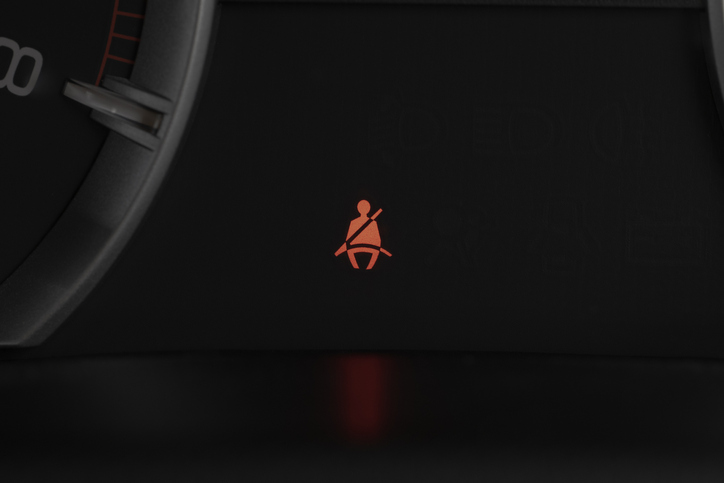Our David W. Martin Accident and Injury Lawyers in South Carolina know our state’s initial seatbelt law was enacted on July 1, 1989. As the law evolved, it now states, “The driver and every occupant of a motor vehicle, when it is being operated on the public streets and highways of this State, must wear a fastened safety belt which complies with all provisions of federal law for its use.”
The goal behind mandatory seatbelt use in South Carolina and nationwide is to prevent injuries and fatalities that result from vehicle collisions.
According to the National Highway Traffic Safety Administration (NHTSA), the national seatbelt use rate is 91.6%. Data collected by the NHSTA further asserted that seatbelt use in passenger vehicles saved an estimated 14,955 lives last year and could have saved an additional 2,549 people if they had worn seatbelts.
Buckling up, the NHTSA says, helps keep you safe and secure inside your vehicle, whereas not buckling up can result in being ejected from the car in a crash, which is almost always deadly.
While the reality is that seatbelts can help keep you inside the vehicle during a crash, they cannot protect you from injuries that result from an accident. Whiplash is one of the most common injuries resulting from vehicle collisions — even in drivers and occupants wearing seatbelts.
Here is why.
How Whiplash Occurs During a South Carolina Vehicle Collision

Whiplash is an injury to the neck caused by a forceful and quick throw of the head backward and forward. This motion can injure bones in the spine, disks between the bones, ligaments, muscles, nerves, and other neck tissues.
Since the seatbelt does not secure the neck — nor is it protected by an airbag once it deploys — whiplash can occur during rear-end collisions, T-bone crashes, head-on accidents, and nearly any type of wreck that forcefully jars the vehicle and the people inside.
Common symptoms of whiplash include pain, stiffness, swelling, tenderness, and difficulty moving the neck. When it is more severe, whiplash can cause long-term pain and complications. In the most extreme cases, whiplash can cause severe spinal injuries that can be permanently disabling or deadly.
What Should I Do If I Have Been in a South Carolina Auto Accident?
We strongly encourage any car accident victim to seek medical care after a South Carolina vehicle collision as soon as possible, even if they do not feel hurt immediately.
The signs and symptoms of whiplash and other neck, spine, and back injuries are often delayed by hours or even a day after the incident.
Some of these symptoms may include, but are not limited to:
- Dizzines.
- Extreme pain around the shoulder blades or neck.
- Headaches.
- Muscle spasms.
- Pain or numbness in the arms and legs.
- Tinnitus (ringing in the ears).
Early medical treatment after the accident can help alleviate some of these symptoms, and a doctor can provide a treatment plan for individuals who experience whiplash or other injuries so they do not get worse.
Contact Our David W. Martin Accident & Injury Lawyers Today
If you have been injured in a vehicle collision caused by a negligent driver or another third party in South Carolina, contact our David W. Martin Accident & Injury Lawyers today by calling 803-258-6199 to learn more about your legal rights and options to hold the negligent party — or combination of parties — liable for your complete recovery needs.
We provide free consultations for all personal injury cases in South Carolina and never charge any legal fees unless we deliver a positive outcome for your unique case.





